Welcome to the latest edition of At The Helm. This month, we tackle duplicity, intrigue and corruption that goes right to the top – but enough about the CFS committee’s Secret Santa debacle, let’s talk about movies…
The Chiltern Film Society season’s February screening, which happened on 16th February, was the biographical crime drama Judas and the Black Messiah (2021). Set in late 1960s Chicago, the film recounts the events of how Fred Hampton (played by Daniel Kaluuya), leader of the Illinois chapter of the Black Panthers, was investigated by the FBI, and ultimately betrayed by Bill O’Neal (Lakeith Stanfield), one of the party members and trusted ally.

Directed and produced by Shaka King, Judas and the Black Messiah has received much critical acclaim and won a host of accolades, including nominations for six Academy Awards and four BAFTAs. London’s own Daniel Kaluuya won at both ceremonies, including Best Supporting Actor at the Oscars, an award he was nominated for together with Lakeith Stanfield, despite both men receiving top billing above the movie’s title.
The Black Panther Party was a political Far Left organisation, which was founded in the United States in 1966 and disbanded in 1982. The group formed as a response to the scrutiny and brutality that many Black and African Americans were experiencing at the hands of the Police. Initially, the Party’s main practice was to openly carry firearms during their self-styled Citizens’ Patrols, designed to monitor the actions of the established law enforcers. However, from 1969 (when Judas… is set), the Black Panthers’ activism branched out to wider, community-based projects, including the Free Breakfasts for Children programme, and community health clinics, aimed at the education and treatment of diseases such as tuberculosis and sickle cell anaemia.
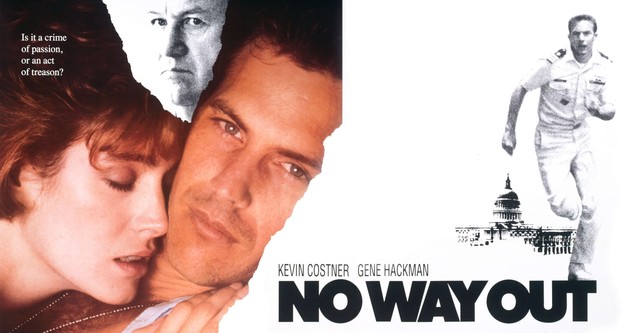
Filmmakers and audiences alike have long since enjoyed stories concerning gang infiltration and federal espionage. The narratives would often support the preferred political climate of the day.
In the 1980s, at the height of the Cold War and Reaganism, films like No Way Out (1987), Gorky Park (1983) and The Russia House (1990) played on an assumed fear that Western society was being threatened by an unstoppable foe from behind the Iron Curtain, and that life in the free world was under attack. Witness (1985), in contrast, saw Harrison Ford join the Amish community, going back to simpler times and relearning traditional values as part of the police protection programme to look after a young boy (played by Lukas Haas) who had seen a brutal murder.
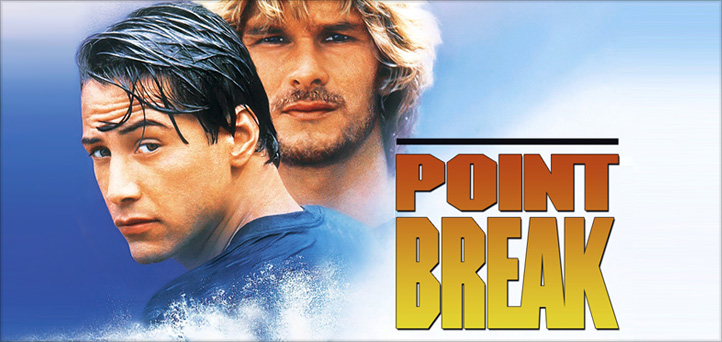
Many films have been made about the Mafia or gangs being infiltrated by special agents, usually portrayed as the hero of the piece, fighting crime from the inside. Point Break (1991), Donnie Brasco (1997), The Departed (2006) and Eastern Promises (2007) all examine the conflicts that agents feel while working undercover and living in constant fear of being found out.
When it does all go horribly wrong and officers find themselves compromised, the stories are often viewed as cautionary tales and the exception, not the rule, is seen in Rush (1991), where narcotics agents Jason Patrick and Jennifer Jason Lee become addicted to heroin in the line of duty.
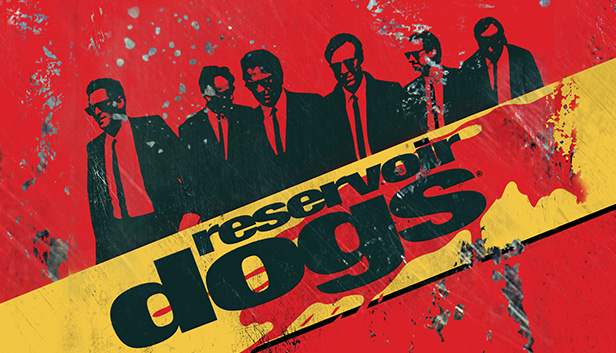
Even when the bad guys are being portrayed as effortlessly cool, as in Reservoir Dogs (1992) or Goodfellas (1990), there is always an underlying level of menace and climactic retribution which lets the audience know whose side they really should be on. To paraphrase Henry Hill (Ray Liotta) in Scorcese’s masterpiece ‘As far back as I can remember, I always wanted to be an FBI informant’.
The recent world events resulting in the Black Lives Matter and #MeToo movements have meant that the traditional square jawed, white male protagonist is no longer at the front and centre of Hollywood productions. Today, aspiring filmmakers and hungry audiences cry out for a more diverse set of representations to tell stories more akin to their own experiences than those seen through the lens of the white male gaze.
Director Spike Lee has long been an advocate for the Civil Rights Movement, exploring issues of race and politics in his films since Do The Right Thing in 1989.
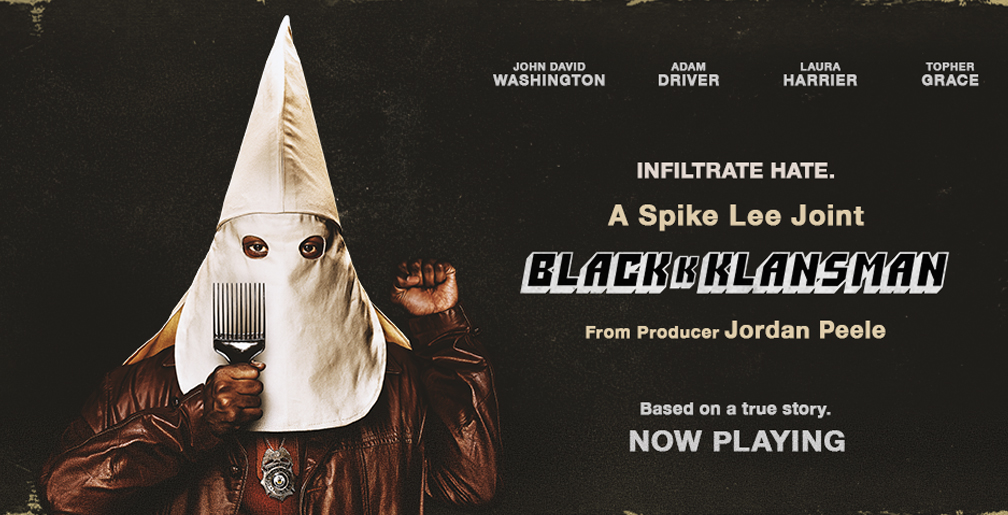
Lee’s BlackkKlansman (2018) is the biographical account of Ron Stallworth (John David Washington), the first black police officer to be hired in the Colorado Springs Police Force. Initially assigned to the records department, he experiences prejudice at the hands of his colleagues. Stallworth then moves to the intelligence division, where he works with his Jewish colleague, Flip Zimmerman (Adam Driver), to infiltrate the local chapter of the Ku Klux Klan, with increasingly dangerous and high-risk stakes. Both officers take on the shared persona of a disenfranchised man, seeking to become a member of the group – Stallworth speaking to leaders and members on the phone, while Zimmerman meets them in person. The fact that Stallworth and Zimmerman do not sound like each other is not noticed by the Klan leaders, which is perhaps a subtle critique regarding the intelligence and observation skills of White Supremacists.
Judas and the Black Messiah sees audience support switch from the authorities to the Black Panthers, something that in previous decades may have been more difficult to convey.
Fred Hampton, known as Chairman Fred, is portrayed as a sympathetic and charismatic character who was a great leader of people and an expectant father. Although the Black Panthers were political activists, the film emphasises that Hampton worked hard to forge alliances and peace treaties with other political pressure groups, forming the Rainbow Coalition in order to fight on a united front against poverty, corruption, racism and police brutality.
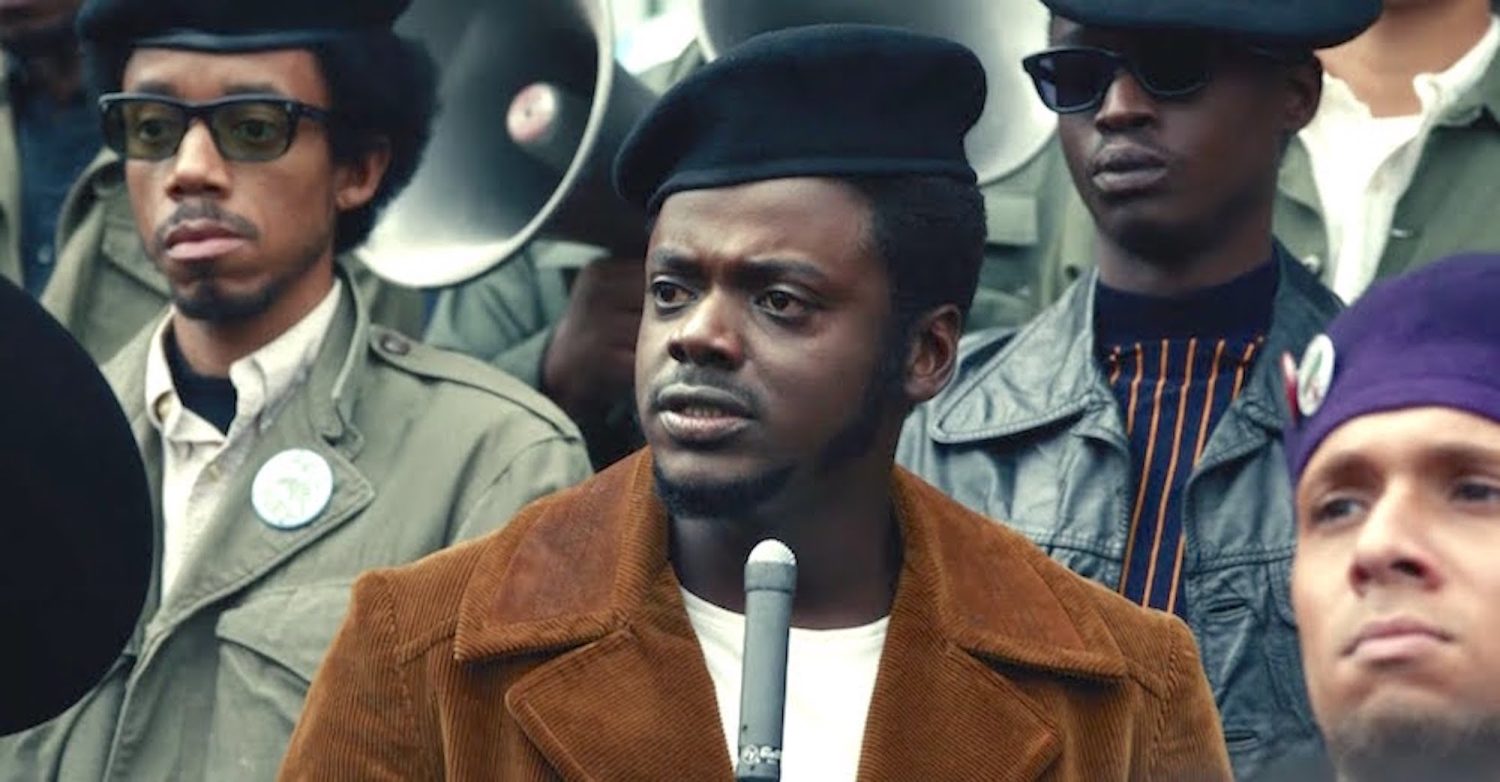
In contrast, the FBI are portrayed as shadowy, intolerant bullies, backing Bill O’Neal into a corner so he has no choice but to betray Hampton, or risk going to prison on a list of trumped up charges.
As long as there are fans of cinema, there will always be gripping and involving stories to tell, and new perspectives to explore.
I hope you found out whose side you’d have been on at our screening of Judas and the Black Messiah, and keep fighting the good fight, both from the inside and out.




















